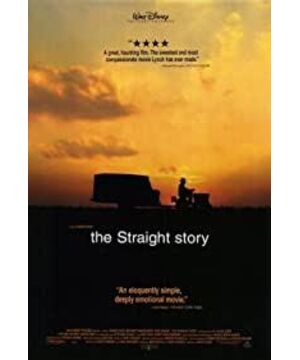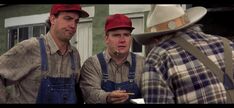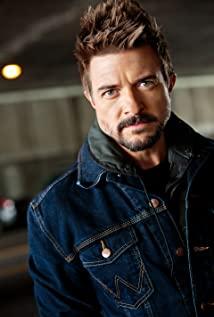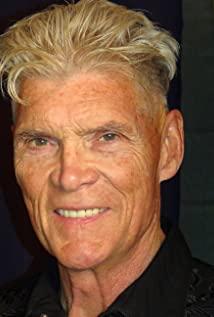The importance of Mr. Stritt lies in the fact that for the first time Lynch unabashedly showed us the meaning of his dirty spectacle in the context of American culture, and how he loves the "white hero who has not yet shed his youth and childishness." "As his "character prototype". Lynch’s identity has always been a white Puritan in the middle of the United States, from the dazed Jack Nance in "Rubberhead" to the amateur detective in "Blue Velvet" to the professional agent Cooper in "Two Peaks". The protagonist who likes himself faces the unknown evil of the external world with a certain sacred and decent inner order. Since "Rubber Head", Lynch has been using genre narratives to tell the same kind of right-wing ecological landscapes, but he has never held ideological and social reality responsibilities for these dirty landscapes. He is accustomed to shirk them completely to the outside. , Refused to understand and elaborate on this evil. From an artistic point of view, it can of course be regarded as a kind of surprise of creation, but it is related to other comparable Surrealists (such as Bunuel, Dali, and Zodulowski and their radical politics). Attitude) In the reference to reality in the spectacle, we have to admit that Lynch’s naivety and intentional withdrawal from real life (with a hint of social fear) are consistent with his protagonists: regardless of cause and effect On the previous page, he tried all means to evade the possible meaning of this "evil". This emptiness of moral and political meaning perfectly explains Lynch’s status in mainstream American movies: he can explore any sinful behavior without fear, no matter if it’s malicious lefties or the bottom line. The fragile rightist can swallow his movies without hesitation. In the eyes of liberal cynics, these ignorant middle men are in a moral crisis and congenital disability as they imagined; and for the rightists We, they can smoothly satisfy their desire for evil without being condemned by their conscience, because in the dream people do not have to take responsibility. The same situation happened to Hitchcock. Their descriptions of evil, sexual perversions and violence were completely separated from the real situation and turned into a pure aesthetic, fable or artistic taste: this makes certain desires to be honest The audience who brought ethical challenges to the script of the movie was disappointed, but some film critics worshipped it. Ironically, it is the same kind of ethics that makes them perfectly meet the producers and expectations of them, which makes them popular among directors who are good at mainstream narratives, even if Lynch has never really been good at it. Traditional narrative has never thought of taking on the mission of subverting it. We can’t imagine Bunuel, or Haneke, in the violence and vision of the movie Directors full of ethical meanings have made their way to box office success in the United States without encountering isolation from public opinion, because they have gone too far and decisively on the way to deviate from the morality of the mean. On the contrary, the movie myth of a different kind of America is best to start with a Stritt, funny, stubborn, naive and conservative white Puritan.
View more about The Straight Story reviews











